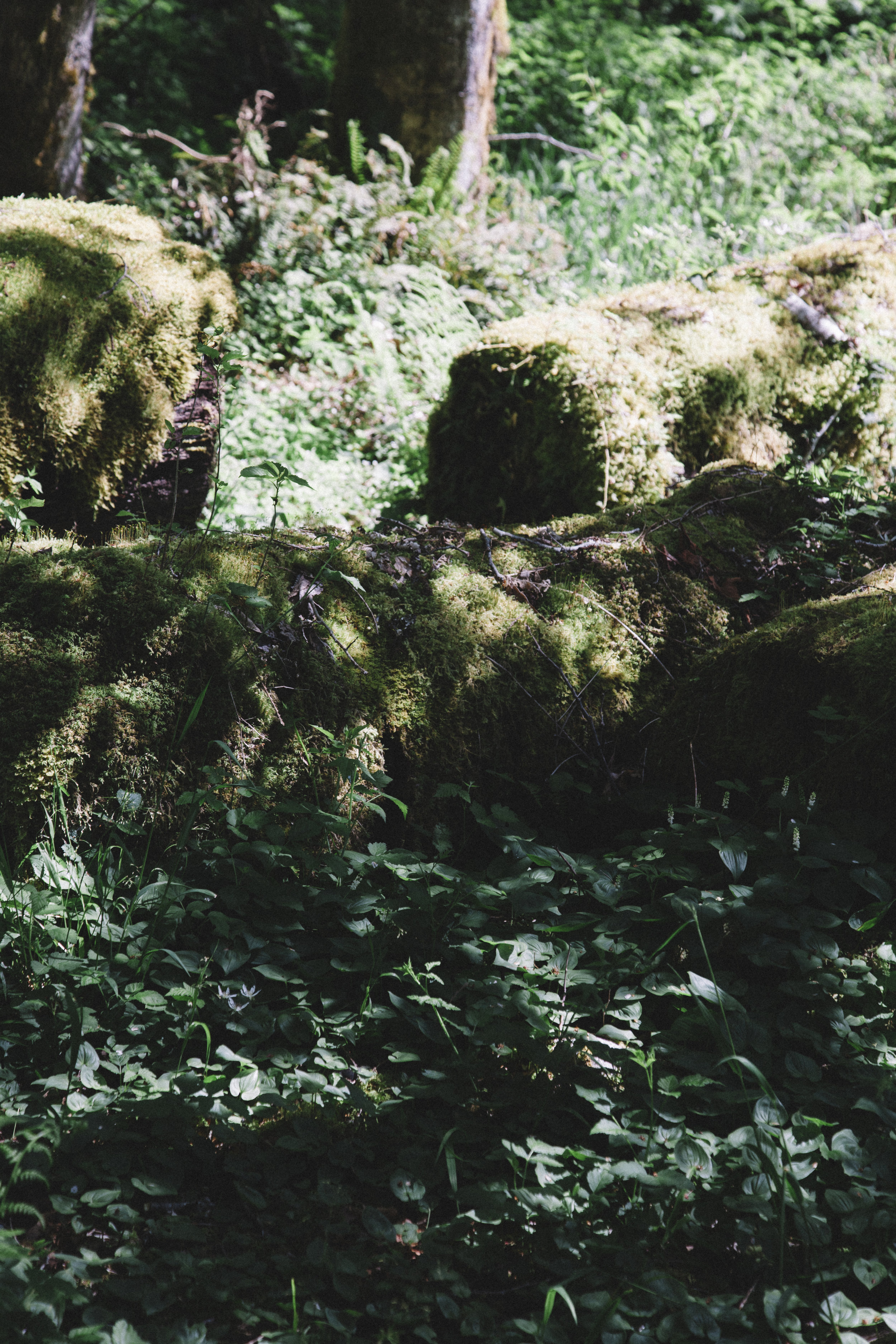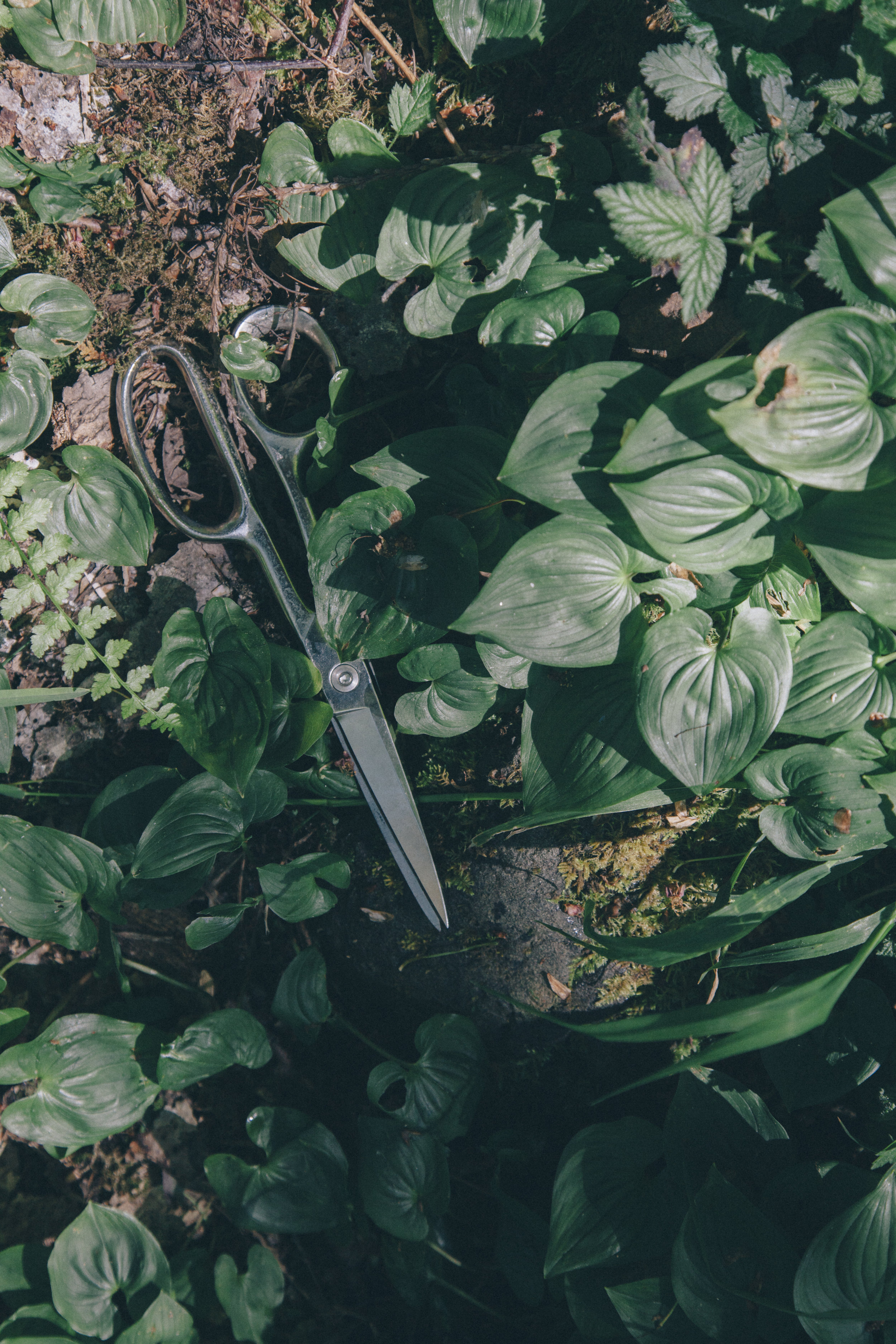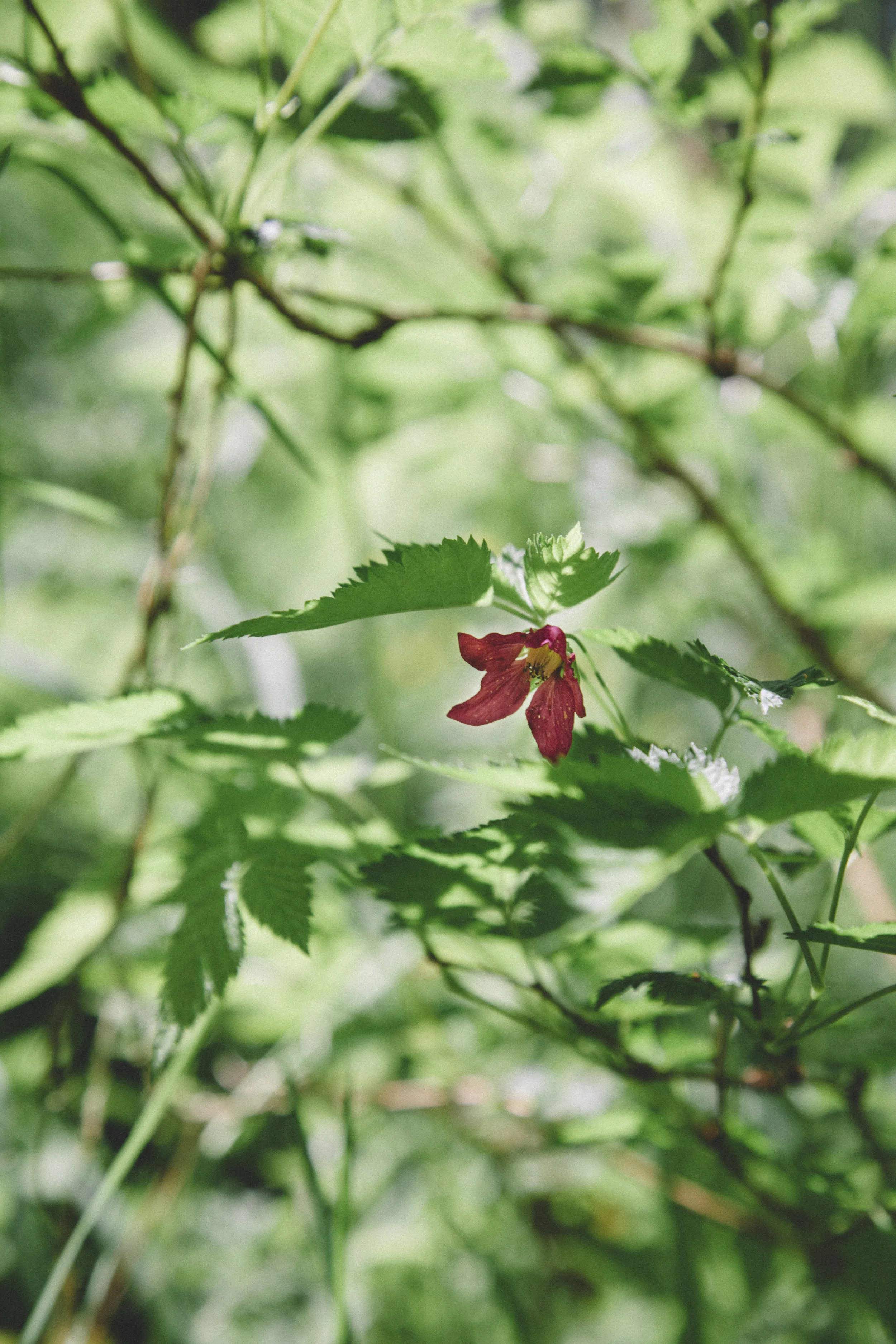A recipe from the Summer, Plant & Prosper issue.
What I like about this pie is that it uses sour cherries (also known as pie cherries). Less sweet to begin with, they sweeten to just right with cooking, without getting too sickly sweet. There's a bit of nice tartness to them, complimented by the lime. I have a Sour Cherry tree myself. Montmorency cherries are known as the finest of sour cherries and are well worth seeking out or growing yourself!
For the Crust
2 sticks + 2 tablespoons cold unsalted
butter
3 cups all-purpose flour
1 tablespoon sugar
1/3 cup vegetable shortening
6-8 tablespoons ice water
For the filling
All-purpose flour for surface
1/2-3/4 cup granulated sugar, depending on how sweet you like your pies
1 tablespoon finely grated lime zest
3 tablespoons cornstarch
Large pinch of kosher salt
6 cups frozen sour cherries
1 large egg, beaten to blend
Demerara sugar or granulated sugar (for sprinkling)
To make the crust
1. Whisk the flour, salt, and sugar in a large bowl. Place the diced butter in the bowl and use your hands to pinch it into the flour mixture until about half of the butter is in small, thin, flour-coated pieces and the rest is incorporated.
2. One tablespoon at a time, add the ice water and mix with a wooden spoon or your hands until incorporated. Add more, a tablespoon at a time, until the dough begins to form a ball.
3. Place the dough ball on a floured
surface and roll it into a ball. Wrap in
plastic and refrigerate for at least 30
minutes. During this time, make the filling.
To make the filling
1. Preheat the oven to 425° Fahrenheit. Stir together the granulated sugar and lime zest in a large bowl. Use your fingers to rub the zest into the sugar,
releasing its oils.
2. Whisk in the cornstarch and salt. Add frozen
cherries and toss to coat.
3. Now take the dough out of the refrigerator and cut it in half. Roll out each half into a circle, using your pie pan as a reference for how large.
4. Use your roller to gently wrap up the dough and place it in the pie pan, gently fitting it into the bottom and sides. Fill with cherry filling.
5. Now roll out the second ball of dough for the top of the pie. Here you can choose how to decorate your pie. A traditional lattice crust punched out holes, or any other shape or pattern you desire. It does help hold in the filling to crimp the edges of the crusts together.
6. Brush the crust with a whisked egg and sprinkle with demerara sugar. Place in the freezer for 20-30 minutes.
7. Place the pie on a baking sheet lined with parchment (to catch drips), and bake until the crust is golden (about 30 minutes). Reduce the oven temperature to 350° Fahrenheit and continue baking. If the crust starts to brown too quickly, gently tent foil over it. The pie is done when the juices are bubbling and the crust is a deep, golden brown, 50-60 minutes longer.
8. Place the pie on a wire rack and let cool a little while before slicing (you still want it to be hot, but not mouth-scorching hot). Pie can also be baked a day ahead. Serve warm with vanilla bean ice cream!
Scroll down to get your copy of
SUMMER | PLANT & PROSPER








